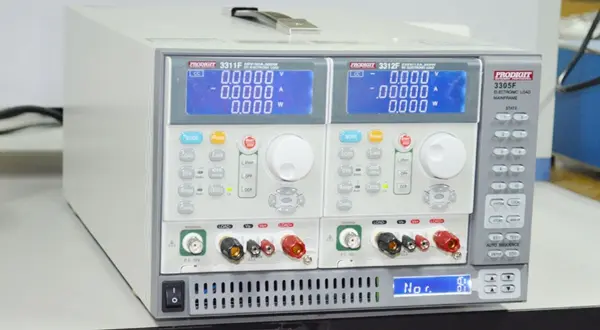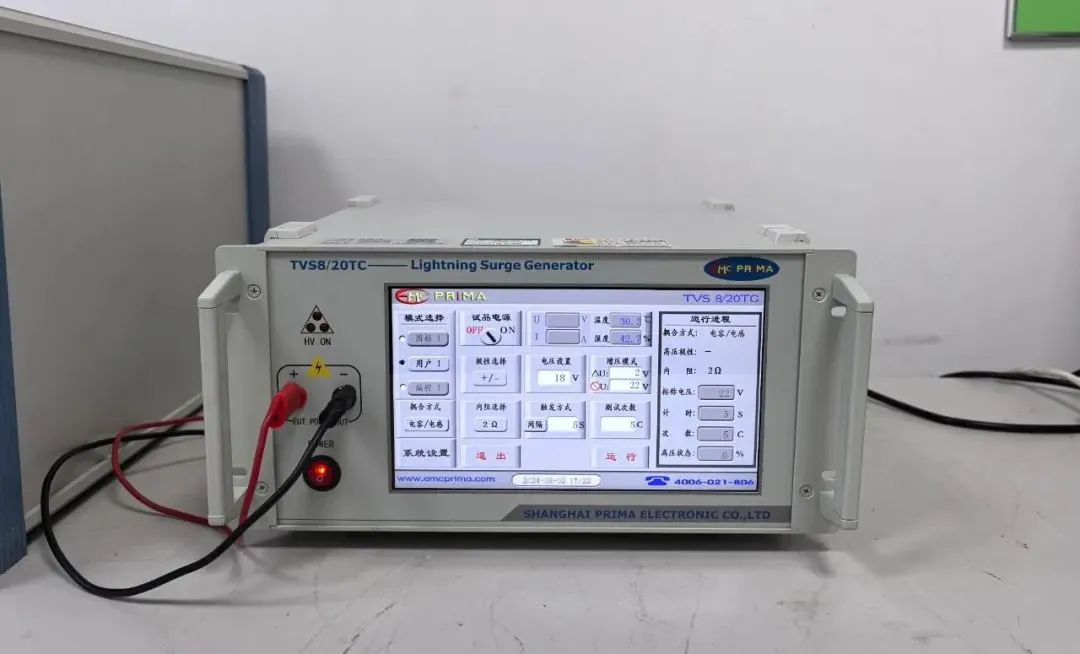
CPSIA Approved Testing Labs
China JJR Laboratoryoffers a one-stop cpsia toy testing and certification solution. Backed by a highly experienced engineering and business team, JJR has over 20 years of testing expertise and provides comprehensive testing and certification services.
What is cpsia certification?
CPSIA (Consumer Product Safety Improvement Act) certification is a U.S. regULatory requirement for children's consumer products. The certification aims to enhance the safety of children's products in the marketplace, build consumer confidence, and restrict the use of hazardous substances such as lead and phthalates. It also mandates compliance with the ASTM F963 toy safety standard.
The CPSIA was signed into law by President George W. Bush on August 14, 2008, and is consideRED the most stringent consumer protection legislation since the establishment of the Consumer Product Safety Commission (CPSC) in 1972. In addition to tightening limits on lead content in children's products, the act introduced new restrictions on phthalates in toys and childcare items. It also called for the creation of a public consumer product safety database.

cpsia testing Items
1. Lead content in toys/children’s products and in paints/coatings
2. Small parts posing choking hazards
3. Pacifiers and rubber teething products
4. Cribs with railings
5. Children's metal jewelry
6. Inflatable baby jumpers, walkers, skipping ropes
Testing Requirements
Total Lead Content Requirements
For children's products (excluding inaccessible components):
1. ≤ 600 ppm (0.06%) — Effective 180 days after enactment (Feb 10, 2009)
2. ≤ 300 ppm (0.03%) — Effective 1 year after enactment (Aug 14, 2009)
3. ≤ 100 ppm (0.01%) — Effective 3 years after enactment (Aug 14, 2011)
For lead in paints/coatings on children’s products and toys:
≤ 90 ppm (0.009%) — Effective 1 year after enactment (Aug 14, 2009)
Phthalates Requirements
Effective from February 10, 2009 (180 days after enactment), it is illegal to manufacture or sell:
Children’s toys or childcare articles containing more than 0.1% of:
1. DEHP (Di(2-ethylhexyl) phthalate)
2. DBP (Dibutyl phthalate)
3. BBP (Benzyl butyl phthalate)
Mouthable children's toys containing more than 0.1% of the following are prohibited during a transitional period:
1. DINP (Diisononyl phthalate)
2. DIDP (Diisodecyl phthalate)
3. DnOP (Di-n-octyl phthalate)
On October 18, 2017, a revised rule on phthalates was officially confirmed. It became effective 180 days after being published in the Federal Register. Toys and childcare products imported into the U.S. must comply with limits on eight phthalates:
1. BBP, DBP, DEHP, DIBP, DINP, DPENP, DHEXP, and DCHP
2. Each limited to no more than 0.1% concentration
Certification Process
1. Identify product testing items
2. Fill out the test application form and submit product details and applicable standards
3. Sample submission: The applicant sends the product samples
4. Product testing
5. Issuance of test report upon successful compliance
Important Note
CPSIA certification must be conducted through CPSC-accredited laboratories.
China JJR is a CPSC-recognized testing facilityand an ISO/IEC 17025:2005 accredited laboratory.
You're welcome to consult with us for expert guidance.
CPSC Certification Lookup:
[https://www.cpsc.gov]
Email:hello@jjrlab.com
Write your message here and send it to us
 What is IEC 62052 for Electrical Energy Measuring
What is IEC 62052 for Electrical Energy Measuring
 Australia LoRa Band 915-928 MHz RCM Compliance
Australia LoRa Band 915-928 MHz RCM Compliance
 What Are the Compliance Certifications for VHF Pro
What Are the Compliance Certifications for VHF Pro
 Which Products Require WERCS Registration?
Which Products Require WERCS Registration?
 Dustproof and Waterproof Ratings IP 54 / IP65 / IP
Dustproof and Waterproof Ratings IP 54 / IP65 / IP
 SAR Standard Testing under the EU CE-RED Directive
SAR Standard Testing under the EU CE-RED Directive
 Differences Between the Three EU Directives: LVD,
Differences Between the Three EU Directives: LVD,
 How to get CE Marking Certification?
How to get CE Marking Certification?
Leave us a message
24-hour online customer service at any time to respond, so that you worry!




